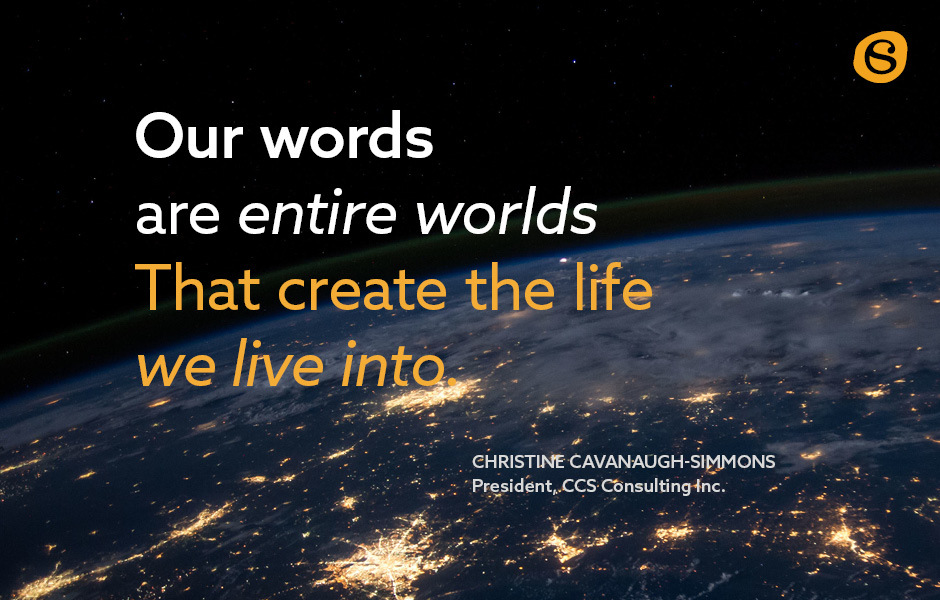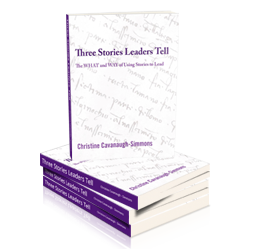Woke to the World of Words

Recently I was working with a group of leaders who have been on a yearlong executive development program. We were debriefing what they were learning about using narratives to lead, and specifically building strategic narratives for their various teams. I was witness to nearly 25 leaders becoming woke! I saw that beautiful light that comes into people’s faces when they realize they’ve put something together that is going to change the way they lead from that point forward.
The debrief came at the end of a three-part process. The work begins with personal values awareness that provided them with a broad and expanded vocabulary to describe their values.
I have found that most people have a limited vocabulary of maybe ten to twelve words to describe their values; both values theory and my direct experience indicates that we have as many as thirty to forty values that make up our meaning system. That’s a big delta in vocabulary, and so the first step toward awakening to the transformative power that comes when one is aware of the worlds words create is to be able to name with a high degree of distinction what values one is guided by in the wide range of leadership actions, decisions, and motivations.
The participants then take their personal learning from the values identification work out to those they lead. They are guided on how to identify the values that motivate each person that they interact with every day. I have observed how the simple act of curious investigation about what values others may have provides a level of insight and learning about a leader’s followers that is often a breakthrough discovery. It’s breakthrough because many leaders have simply not ever interacted with their followers by asking questions from curiosity. When asked a variety of questions like this, the leaders are able to put a picture together of what really matters to the followers’ identities, as well as their concerns and aims.
I saw that beautiful light that comes into people’s faces when they realize they’ve put something together that is going to change the way they lead from that point forward.
The culmination of the work with leadership narratives focuses their personal values-based purpose on an urgent strategic objective that they must engage others to work toward. At each step of the process they are reminded that their job as leaders is to facilitate shared meaning and to close meaning gaps so that the group can move forward with a shared consciousness.
The greatest “aha” moment for many of these leaders was discovering the power of the spoken word to touch peoples’ motivations. They were able to build on the personal awareness that leaders are always expressing their values, whether they were aware of it or not. Many concluded that they can achieve intentional results using language, and in particular, values-based and values-aware language.
It’s a facilitator’s dream to see people woke to how words matter when leading. As one participant said, he moved from thinking about talking as just communicating to realizing each word he spoke triggered meanings for others. As a result, he said he now was much more aware and intentional in the words he utters.
The deep wisdom of the philosopher Ludwig Wittgenstein comes to mind at times like this. Here are three of my favorite quotes:
The limits of my language means the limits of my world.
Words are worlds.
Uttering a word is like striking a note on the keyboard of the imagination.
The Book

Help leaders unlock the power of stories to inspire, engage and guide teams and entire organizations
My Story is My Path
Resources for all those called to leadership who understand the power of words and stories to shape their futures from one of the nation’s preeminent narrative coaches, Christine Cavanaugh-Simmons of CCS Consulting Inc.